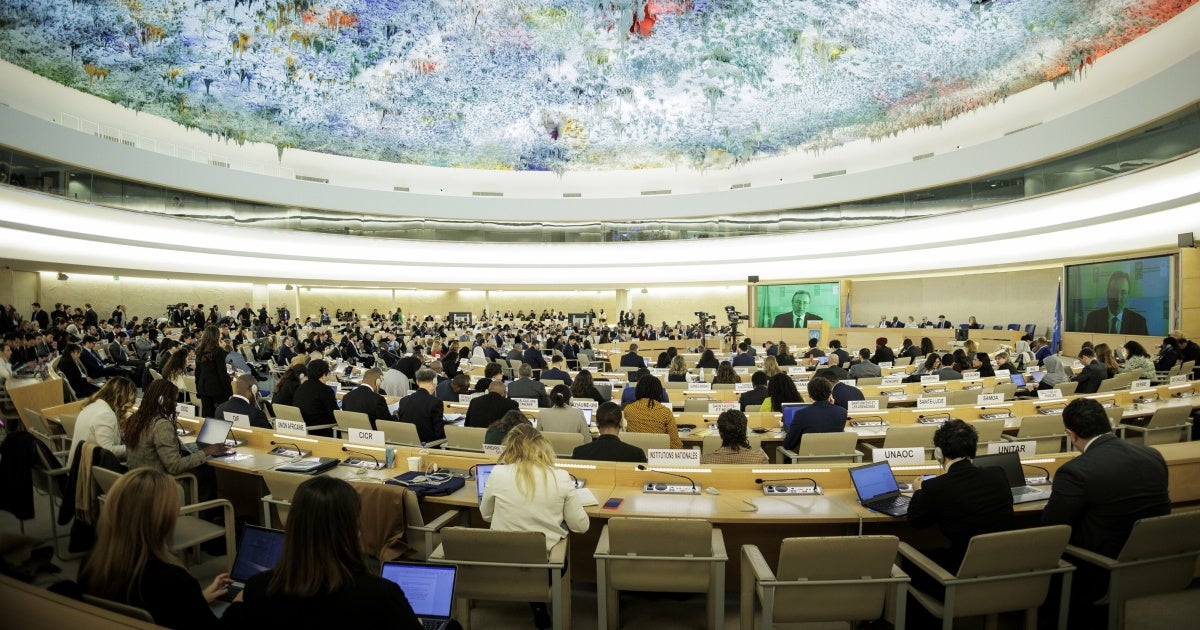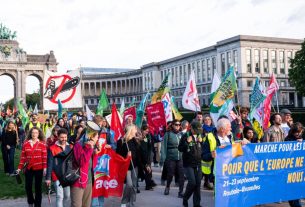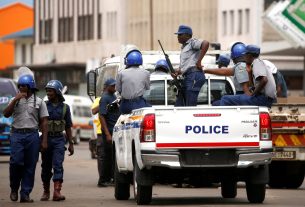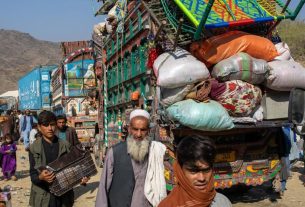The United Nations Relief and Works Agency for Palestine Refugees in the Near East (UNRWA) has long been a focal point of contention in the Israeli-Palestinian conflict, as an integral part of the United Nations and based on the UN’s delicate work globally and it’s unbiased stance on several issues, it is imperative that these accusations are treated delicately and properly resolved.
As Israel raises accusations regarding the agency’s operations and alleged bias, there is a growing consensus that a comprehensive audit of UNRWA is imperative. This audit could serve not only to address Israel’s concerns but also to enhance transparency and accountability within the agency as well as to clear the wider United Nations of complicity in any fall out from these accusations and actions both now and in the future.
Understanding the Accusations
Israel’s criticisms of UNRWA are multifaceted, centering around several key points:
- Claims of Bias: Israeli officials argue that UNRWA promotes anti-Israel narratives through its educational materials and public communications. They contend that this bias undermines efforts for peace and coexistence.
- Security Concerns: There have been allegations that Hamas and other militant groups have exploited UNRWA facilities for military purposes. This claim raises serious concerns about the agency’s ability to operate impartially in a volatile environment.
- Complicity in Violence: Following events such as the October 7 Hamas attacks, accusations surfaced that some UNRWA staff may have been involved in or supportive of violence against Israel. These allegations have intensified calls for greater scrutiny of the agency.
The Case for a Thorough Audit
Conducting a thorough audit of UNRWA could help address these accusations and provide clarity on the agency’s operations:
- Enhancing Transparency: An independent audit would increase transparency regarding UNRWA’s funding, operations, and educational curricula. This could help dispel accusations of bias and demonstrate a commitment to accountability.
- Strengthening Credibility: By proactively addressing Israel’s concerns through an audit, UNRWA can bolster its credibility in the eyes of both supporters and critics. Demonstrating that the agency operates in compliance with international standards can help rebuild trust among all stakeholders.
- Improving Operational Effectiveness: The audit could identify areas for improvement within UNRWA’s operations. Recommendations arising from the audit could enhance the agency’s efficiency and effectiveness in delivering services to Palestinian refugees.
- Facilitating Dialogue: An audit could serve as a starting point for constructive dialogue between UNRWA, Israel, and Palestinian representatives. By acknowledging concerns and working towards solutions, all parties can move closer to a more cooperative relationship.
- Protecting Humanitarian Aid: Ensuring that UNRWA operates without allegations of bias or complicity is crucial for maintaining international support and funding for humanitarian efforts. An audit can help safeguard these vital resources for Palestinian refugees.
Moving Forward
While an audit may not resolve all the complexities surrounding the Israeli-Palestinian conflict, it is a necessary step toward addressing legitimate concerns about UNRWA’s operations. The UN must prioritize this initiative to ensure that the agency can continue to fulfill its mission of providing essential services to Palestinian refugees in a fair and unbiased manner.
Conclusion
The call for a thorough audit of UNRWA is imperative in the context of Israel’s accusations and the broader challenges facing Palestinian refugees. By committing to transparency and accountability, UNRWA can enhance its credibility, improve its operations, and contribute to a more constructive dialogue among all stakeholders. In doing so, the agency can better serve the needs of those it was established to help while fostering a more peaceful and cooperative environment in the region.



